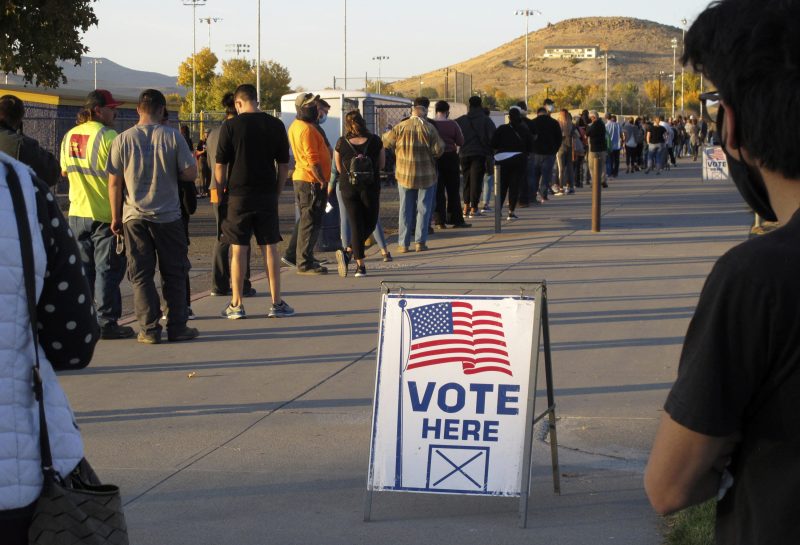The Supreme Court made a monumental appeal ruling on Wednesday that could weaken the Voting Right Act ever since it was passed in 1965. This ruling focuses on closing or redrawing voting districts in some states that have a history of discrimination against minority groups.
In Alabama’s House District 75, the state’s legislature attempted to redraw the district in order to create a majority Black voting base. This act was challenged in court with the argument that it was a violation of the Voting Rights Act. The district court and court of appeals both found in the state’s favor, but the first appeal of the ruling was taken to the federal level.
It was there that a precedent-setting new interpretation of the Voting Right Act was made. The Supreme Court decided that concerns of voter discrimination should not be taken into consideration when deciding whether a voting jurisdiction is in need of redrawing. This means that allegations of discrimination can no longer be used to block government efforts to redraw districts in compliance with the Voting Rights Act.
This decision could have far-reaching implications for the protection of voting rights in the United States. The Supreme Court’s interpretation of the landmark law puts minority voters at a disadvantage by preventing them from speaking out about discriminatory practices in their own backyard.
The decision also contradicts the original intent of the Voting Rights Act, which was to protect the right to vote regardless of race or ethnicity. This ruling is a giant step back from the promise and purpose of the law itself.
It remains to be seen how this decision will impact voting rights in America, but the implications are cause for concern. The ruling significantly weakens the ability of the law to protect minority voters and limits their access to the ballot box. If this decision stands, it will undoubtedly move us further away from the goals of the Voting Rights Act and make it more difficult for those who are disenfranchised due to their race or ethnicity to exercise their right to vote.

